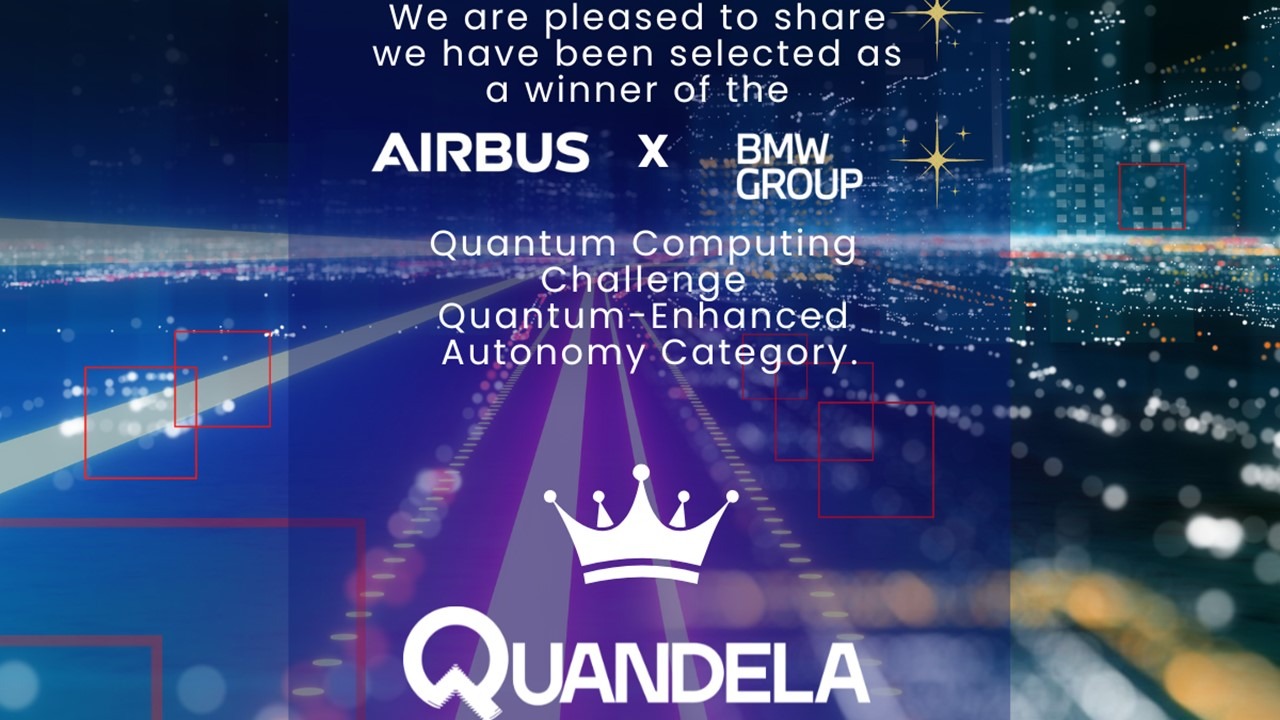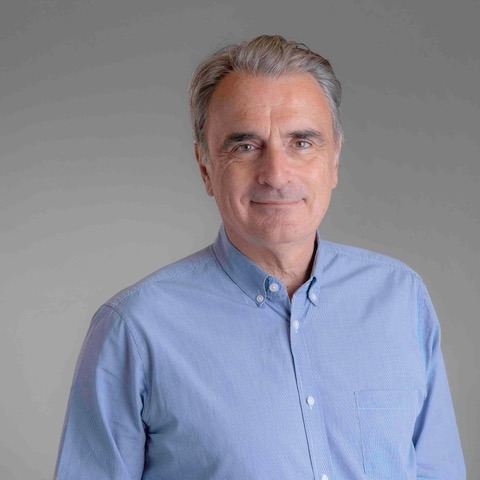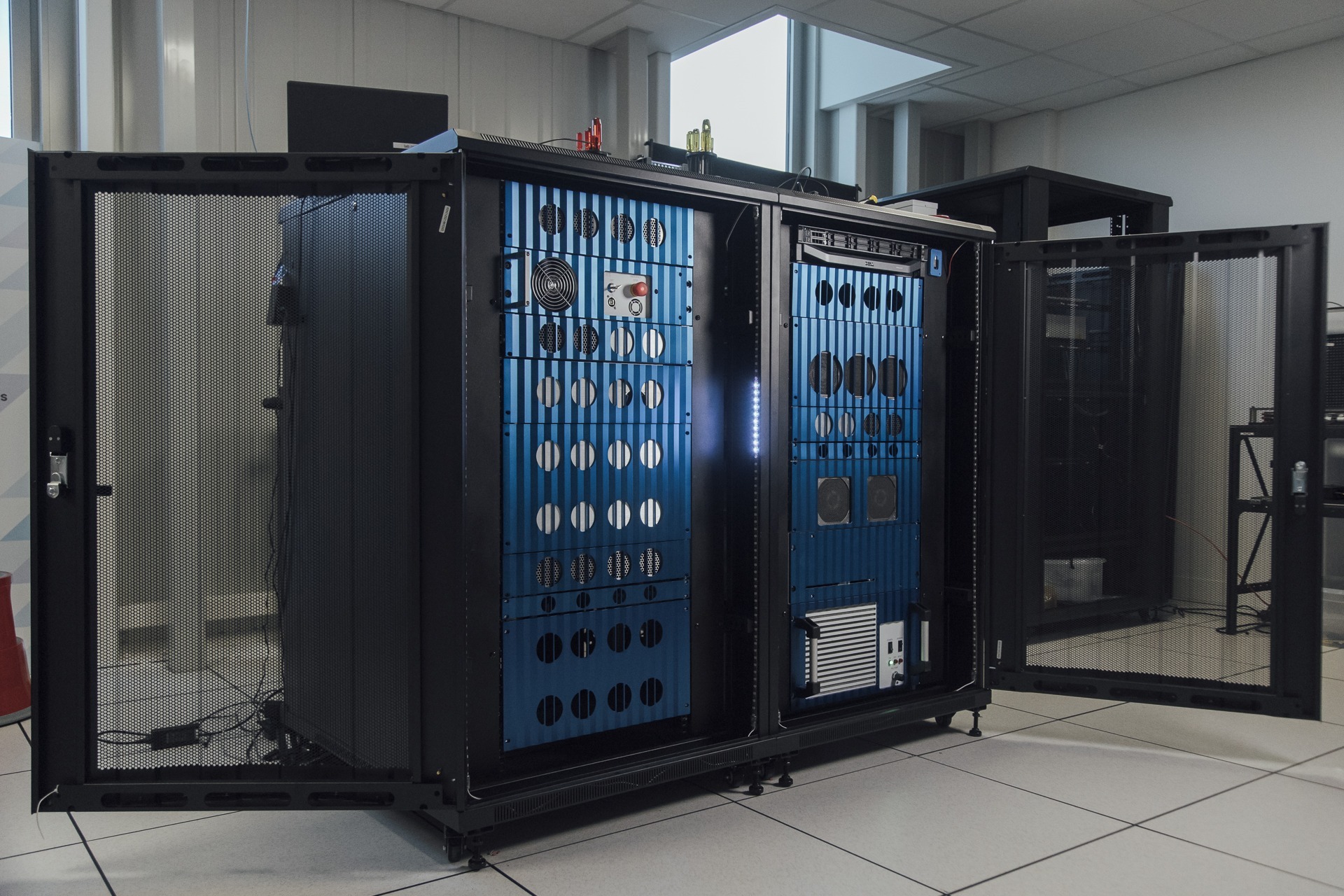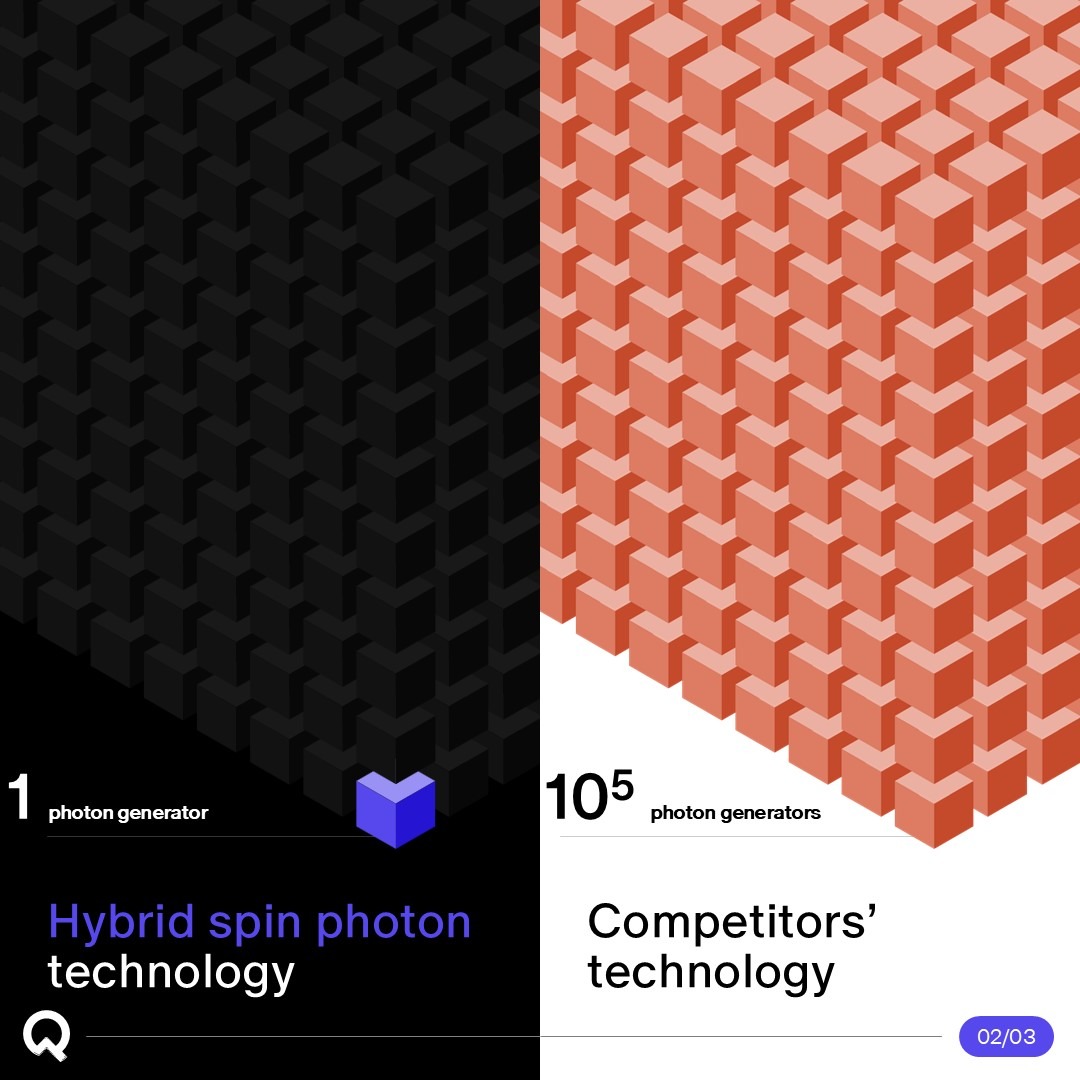Quandela is the winner in the “Quantum-Enhanced Autonomy” category for its hybrid AI-quantum generative model that harnesses the power of boson sampling integrated with cutting-edge classical models.
Paris, December 11, 2024 – Quandela, European leader in photonic quantum computing, announces that it has won the 2024 Quantum Computing Challenge sponsored by Airbus and BMW Group, with the support of Amazon Web Services, in the “Quantum-Enhanced Autonomy” category. This award was presented during the Q2B Silicon Valley event in Santa Clara, California (USA), in which Quandela is participating.
Augmenting generative AI for critical Test Scenario Images
The “Quantum-Enhanced Autonomy” award won by Quandela is based on the understanding that future autonomous mobility will rely heavily on reliable and safe AI vision systems, being an essential brick for autonomous driving of vehicles but also for automated landing of aircraft. To achieve the highest level of safety, it is necessary to have access to representative datasets of images specially for critical test scenarios. Those include lower visibility during night-time as well as adverse weather, intricate traffic patterns, and obstructions on runways. Quantum computers offer potential advantages for such challenges compared to their classical counterparts.
The challenge, therefore, is to foster the generation of images that encapsulate critical scenarios using quantum generative modeling techniques.
An innovative hybrid AI-quantum generative model
Quandela has developed an innovative hybrid AI-quantum generative model that harnesses the power of boson sampling integrated with cutting-edge classical models. This unique approach enables the generation of high-quality images for critical test scenarios while optimizing the computational resources required. The solution leverages the natural advantages of photonic quantum computing, which is particularly suited for processing and generating complex images.
This breakthrough demonstrates the real potential of quantum computing to advance autonomous mobility solutions, paving the way for concrete applications in the industry.
This achievement is part of Quandela’s broader approach to developing and deploying hybrid algorithms that combine quantum and classical power for machine learning on quantum computers available today. In this same dynamic, Quandela and Scaleway are currently organizing the First Perceval Quest, where 64 teams from around the world are exploring new approaches to classical machine learning benchmarks through hybrid quantum computing, highlighting the broad potential of these algorithms in various applications.
A prestigious international award
The Quantum Computing Challenge, which attracted over 420 teams and more than 100 detailed proposals from around the world, represents a landmark collaboration between aerospace and automotive industry leaders in exploring quantum computing applications. The award won by Quandela highlights the quality of Quandela’s technology at the highest global level.
“I would like to warmly thank Airbus, BMW Group, AWS, and The Quantum Insider for organizing this groundbreaking initiative in service of science. We are honored to be recognized among the distinguished finalists from leading institutions and companies worldwide. This achievement underscores Quandela’s commitment to pushing the boundaries of quantum computing and its applications in the industry,” says Niccolo Somaschi, co-founder and CEO of Quandela.





